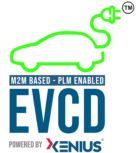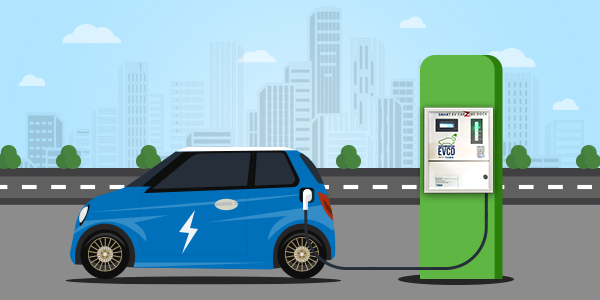A big Step Towards Standardization of EV Battery-Charging
October 20, 2021 2022-01-04 4:56A big Step Towards Standardization of EV Battery-Charging
The ongoing process of setting up EV charging stations across the country is saddled with a major issue – the lack of any standardisation for chargers or their batteries. Thankfully enough, it is going of be resolved to a large extent with the setting up of a consortium by four major auto players.
As the sale of electric vehicles (EVs) has started gaining momentum, particularly post-pandemic, there is an increased focus on strengthening charging infrastructure. All-round efforts are being made to set up more and more charging stations across the country. But a major problem coming in the way is the absence of any standardization for EV chargers or their batteries. As a result of that, setting up of a decent EV charging infrastructure is becoming not only difficult, but also costly, since different EVs require different types of chargers. The foremost requirement, therefore, is of having standardization for both batteries as well as EV Supply Equipment (EVSE) specifications.
As a first step towards solving this issue, Italian scooter-maker Piaggio announced on September 6 that it had set up a consortium with Honda Motor Co., KTM AG and Yamaha Motor Co. to encourage the use of swappable batteries for electric motorcycles and light electric vehicles. The consortium will help these automotive manufacturers to develop common technical specifications for battery-swapping systems. Further, it will also benefit them in working with different Government agencies to bring about a standardisation in EV battery specifications based on common technology.
- The foremost requirement, therefore, is of having standardization for both batteries as well as EV Supply Equipment (EVSE) specifications.
- The consortium will help these automotive manufacturers to develop common technical specifications for battery-swapping systems.
- These companies also plan to develop and promote common specifications as a standard within various international markets.
The battery-swapping technology requires standardisation of EV battery specifications in respect of dimension and voltage. The battery-swapping stations are very costly to set up and operate as these require constant electricity to charge the discharged battery and be ready for swapping. EV batteries with different specifications require different amounts of electricity and time to get fully recharged and this can prove to be a nightmare for those operating the battery-swapping station. In this consortium, all the EV manufacturers will use batteries of the same specifications and that would make battery-swapping operations a lot easier.
Before the announcement of the consortium, these four multinational players had signed a Letter of Intent on March 1 this year. These companies also plan to develop and promote the consortium’s common specifications as a standard within European, American and other international markets. The ultimate aim would be to expand the consortium’s common specifications to a global level. The low-voltage electric scooters market is bound to gain tremendously with the setting up of this consortium.
Despite the Government’s FAME-II (Faster Adoption and Manufacturing of Hybrid and Electric Vehicles) initiative to set up a state-of-the-art EV charging infrastructure in the country, there is still low awareness about the issues it entails. With this consortium, it will now be easier to set up a decent EV charging infrastructure with common battery specifications and that too, with cheaper investment.



